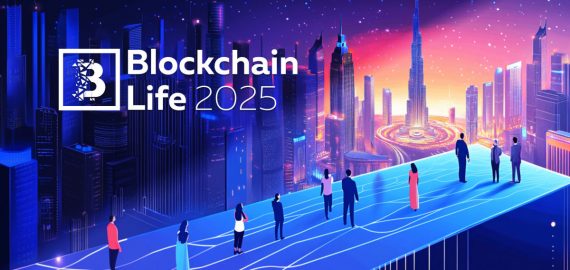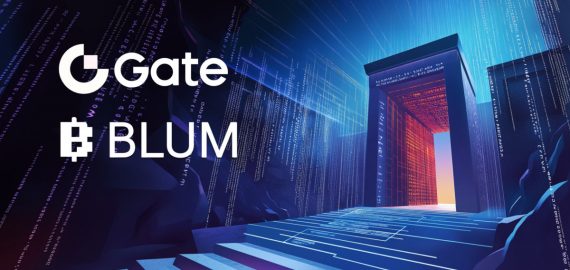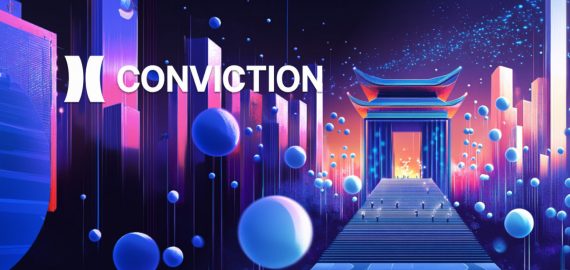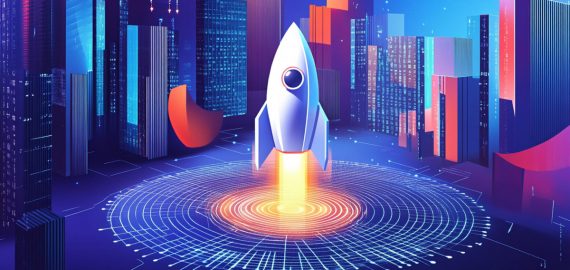OpenAI Investors Face Significant Risks Because They do not Govern a Corporation

In Brief
OpenAI is in complete control and their board of directors is not run by Limited Profit people (investors). Investors buy a stake in LP, which has almost nothing to do with Non-Profit. They can cancel their shares and make decisions that none of the investors share, and OpenAI promises to share profits until the investor receives ten times more than they invested.
Many people are still skeptical about OpenAI since it started out as a non-profit, meaning its goal was not to make money.
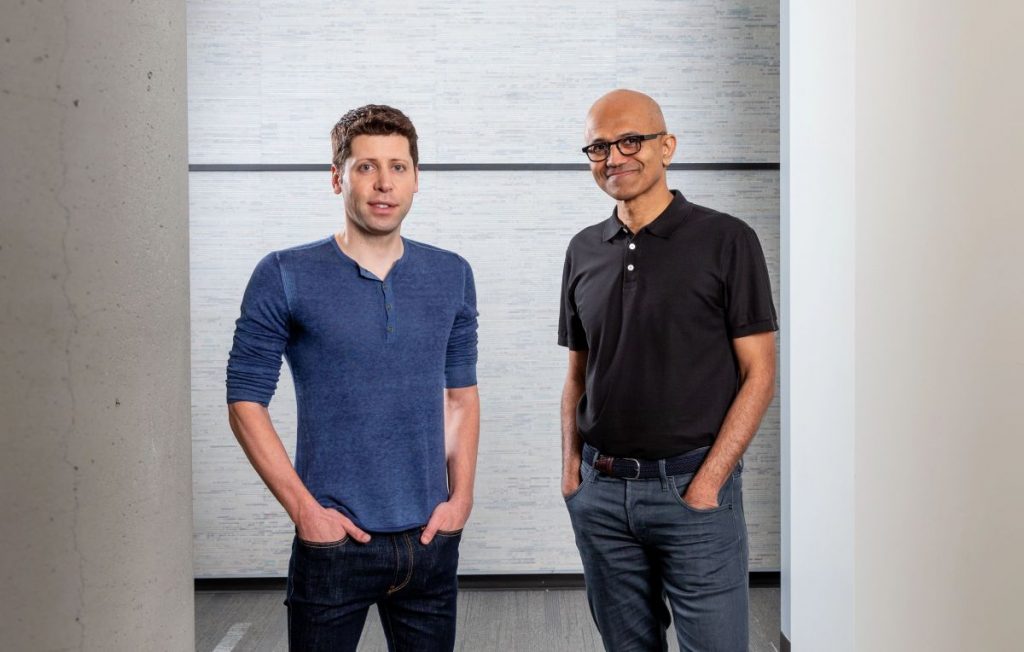
However, a few years ago, it realized it needed a lot more funds than it could get as a non-profit organization. Sam Altman says that the company tried being a non-profit a few times and didn’t succeed in raising enough money. Well, who would give money to a company when there is no chance of turning a profit? Therefore, it was a logical conclusion to change something and try again.
“We needed some of the benefits of capitalism, but the main thing is not to go headlong into it” Sam said in an interview.
Now there are two parts of the company: OpenAI LP (limited profit) and OpenAI NP (non-profit). The non-profit owns the technology, manages the process, and is managed by Sam Altman and the entire board of directors. According to Altman, they are in complete control and their board of directors is not run by LP people (investors). At the same time, investors buy a stake in LP, which has almost nothing to do with NP.
So the point is that, and Altman confirms this again in the video, they can even cancel the shares (cancel equity, I don’t quite understand what specific legal action this means, but the message is that the owners of the company’s share in no way influence its decisions, not at all, even by 1%, and their share can be canceled). And this same structure allows them to make decisions that none of the investors share (Sam’s words).
And the LP part appeared solely in order to attract investors. In fact, OpenAI promises that they will share profits until the investor receives, say, ten times more than he invested, and then that’s it, go for a walk, thanks for the money, here’s your profit (this is capped-profit, it is also limited profit).
Moreover, from recent reports, an understanding has emerged that confirms some of the theses above – here is what CNBC writes that Sam has NO shares and that decision was totally unusual for people in Silicon Valley.
Well, after that, let to remind you a little about Sam Altman, CEO of OpenAI. He is the former director of Y Combinator, one of the oldest and most prestigious startup incubators, and he definitely:
- is an expert in company structures and negotiations;
- understands very well how to attract money;
- had ways to make a lot more and faster, at least for now.
Read more about OpenAI:
Disclaimer
In line with the Trust Project guidelines, please note that the information provided on this page is not intended to be and should not be interpreted as legal, tax, investment, financial, or any other form of advice. It is important to only invest what you can afford to lose and to seek independent financial advice if you have any doubts. For further information, we suggest referring to the terms and conditions as well as the help and support pages provided by the issuer or advertiser. MetaversePost is committed to accurate, unbiased reporting, but market conditions are subject to change without notice.
About The Author
Damir is the team leader, product manager, and editor at Metaverse Post, covering topics such as AI/ML, AGI, LLMs, Metaverse, and Web3-related fields. His articles attract a massive audience of over a million users every month. He appears to be an expert with 10 years of experience in SEO and digital marketing. Damir has been mentioned in Mashable, Wired, Cointelegraph, The New Yorker, Inside.com, Entrepreneur, BeInCrypto, and other publications. He travels between the UAE, Turkey, Russia, and the CIS as a digital nomad. Damir earned a bachelor's degree in physics, which he believes has given him the critical thinking skills needed to be successful in the ever-changing landscape of the internet.
More articles

Damir is the team leader, product manager, and editor at Metaverse Post, covering topics such as AI/ML, AGI, LLMs, Metaverse, and Web3-related fields. His articles attract a massive audience of over a million users every month. He appears to be an expert with 10 years of experience in SEO and digital marketing. Damir has been mentioned in Mashable, Wired, Cointelegraph, The New Yorker, Inside.com, Entrepreneur, BeInCrypto, and other publications. He travels between the UAE, Turkey, Russia, and the CIS as a digital nomad. Damir earned a bachelor's degree in physics, which he believes has given him the critical thinking skills needed to be successful in the ever-changing landscape of the internet.















































